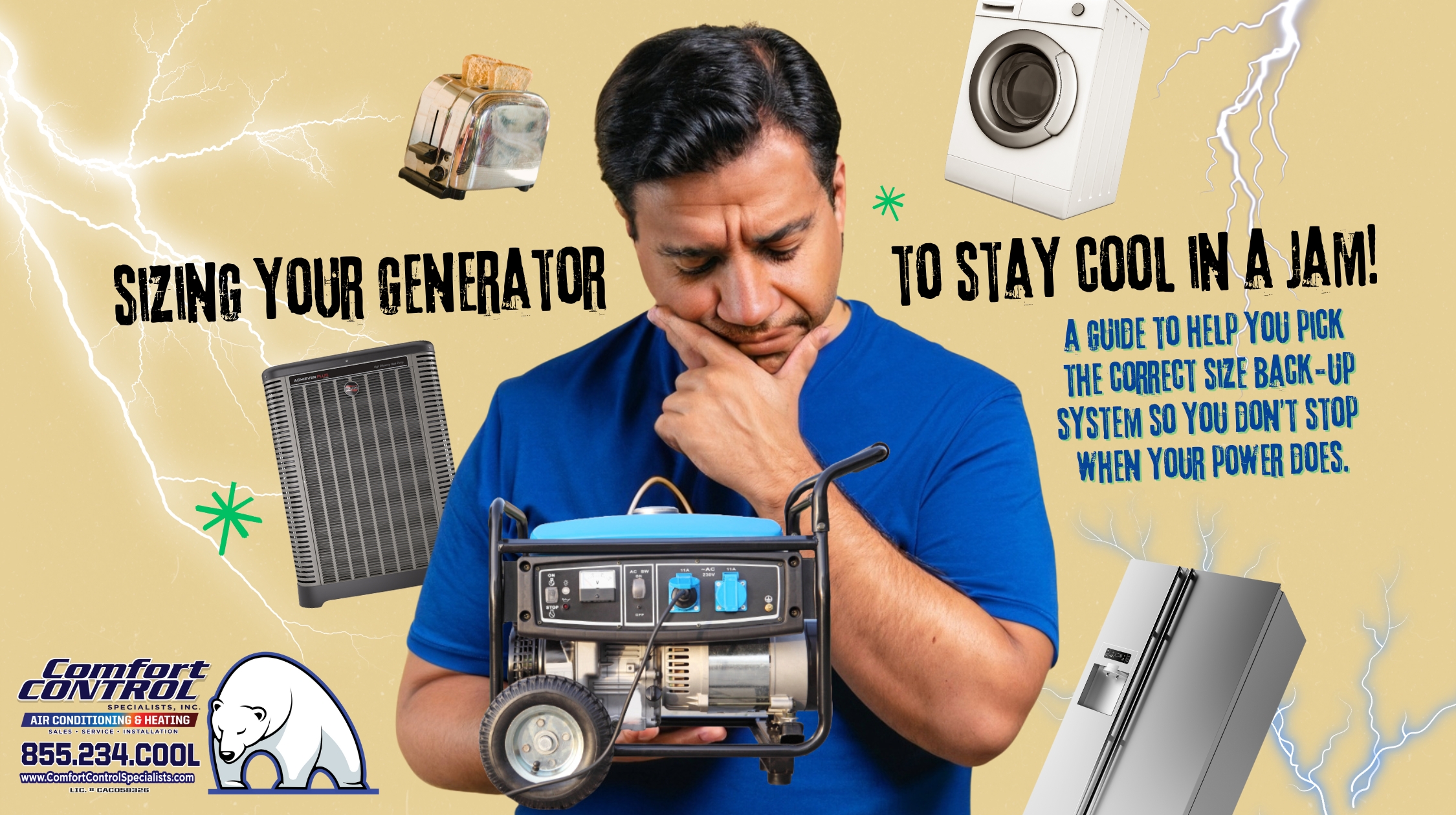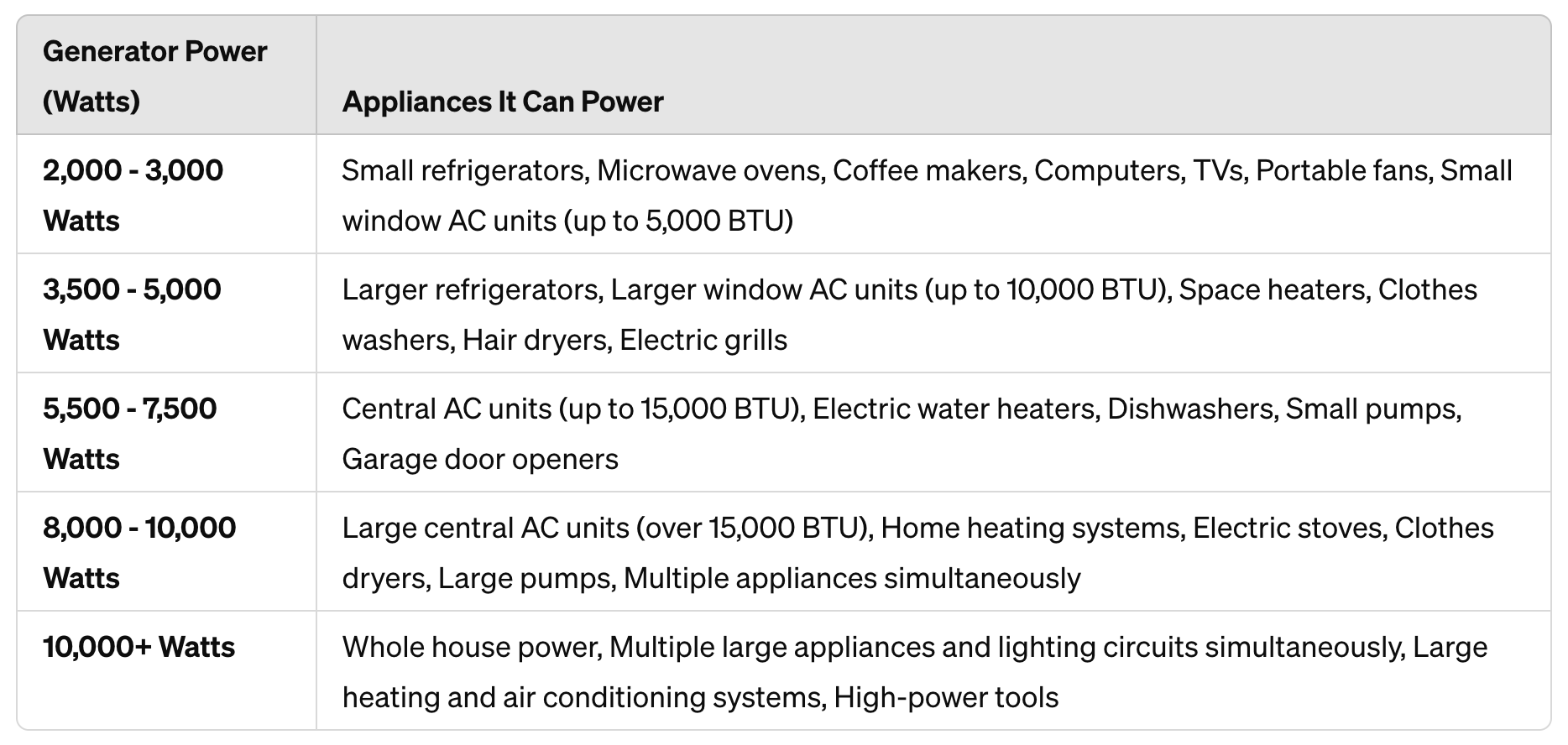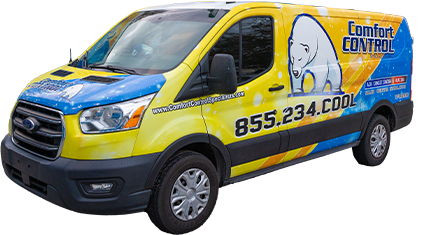
Sizing Your Generator to Stay Cool In an Emergency
Power outages can disrupt daily life significantly, particularly during extreme weather conditions. Ensuring that your air conditioning continues to function during such times is essential for maintaining comfort and safety. This detailed guide will delve into how to select the appropriate generator size for both RV and home AC units, explore various types of generators, and provide a comprehensive look at installation, safety considerations, and maintenance.
The Importance of Generators for Air Conditioning
A reliable generator is crucial in several scenarios:
- Emergency Preparedness: In events like hurricanes or blizzards, power outages can last for days. A generator ensures that your home or RV remains comfortable and safe by keeping critical systems like air conditioning operational.
- Recreational Use: For those who enjoy remote camping in RVs, generators provide essential power to run air conditioners in areas without electrical hookups, ensuring comfort away from conventional power sources.
- Resilience Against Home Power Outages: In areas prone to electrical instability or where severe weather is a regular occurrence, a backup generator can be vital. It ensures that air conditioning systems continue to function, preventing discomfort and potential health risks due to extreme temperatures.
Comprehensive Guide to Generator Types:
Inverter Generators
Inverter generators are especially suited for running sensitive electronic equipment, such as modern air conditioners. They produce a clean, stable power output that minimizes the risk of damaging delicate electronics. This is achieved through a process that converts AC power to DC and then back to AC, ensuring a consistent and smooth power supply.
Solar-Powered Generators
These generators use photovoltaic panels to convert sunlight into electricity, which is then stored in batteries and used as needed. They are ideal for smaller loads and are valued for their quiet operation and minimal environmental impact, making them a sustainable choice for environmentally conscious users.
Traditional Fuel Generators
Traditional generators are known for their robustness and are capable of generating substantial power. They typically run on gasoline, diesel, or propane and can handle larger loads, making them suitable for running high-demand appliances like central air conditioning systems.
Dual-Fuel Generators
Dual-fuel generators offer the flexibility of using two types of fuel, typically gasoline and propane. This can be particularly advantageous during emergencies when fuel availability may vary. These generators allow the user to switch between fuel types based on availability or cost-effectiveness.
Choose a reliable brand like Honda or Predator by Harbor Freight, so you don’t get stuck in the dark.
In-Depth Analysis of Generator Sizing and Selection
Determining Your AC’s Power Needs
Understanding both the starting and running wattage of your air conditioning unit is crucial for selecting the right generator. Air conditioners typically require a high amount of power at startup (surge wattage) followed by a lower amount to continue running:
- RV Air Conditioners:
- 11,000 BTU: Needs about 1,600 watts to start and 1,000 watts to run.
- 13,500 BTU: Requires approximately 2,750 watts to start and 1,250 watts to run.
- 15,000 BTU: Demands about 3,500 watts to start and 1,500 watts to run.
- Home Air Conditioners:
- Small Window Unit (5,000 BTU): Typically uses around 1,100 watts.
- Medium Window Unit (10,000 BTU): Consumes about 1,500 watts.
- Large Window or Small Central Unit (15,000 BTU): Usually needs 2,200 watts.
- Larger Central Units (20,000 BTU and above): Starts at about 3,250 watts and can go higher.

The Critical Role of Transfer Switches
Transfer switches are essential for safely connecting a generator to a home’s electrical system. They prevent back-feed, which is dangerous and can cause severe accidents or damage. Transfer switches also allow homeowners to easily manage which circuits are powered during an outage, ensuring that the generator’s energy is used efficiently and safely.
Generator Maintenance
Proper maintenance is key to ensuring generator reliability and longevity. Regular checks should include oil changes, air filter replacements, and spark plug inspections. It’s also important to run the generator periodically to ensure all mechanical parts remain in good working order.
Cost Analysis of Owning a Generator
The total cost of ownership includes the initial purchase price plus ongoing operational expenses. Solar and inverter generators, while more expensive upfront, typically offer savings in running costs. Traditional fuel generators, although cheaper initially, may incur higher fuel costs over time.
Managing Noise Levels
Noise is a significant consideration, especially in residential or camping environments. Inverter generators are generally quieter than traditional models, but noise-reducing techniques like installing sound barriers or strategically positioning the generator away from living areas can further minimize disruption.
Ensuring Effective and Safe Operation
Choosing the right generator for your AC needs requires understanding your power requirements, the different types of generators available, and implementing proper safety measures. This guide provides a comprehensive framework for making informed decisions, ensuring that your air conditioning systems continue to function effectively during power outages, thereby maintaining comfort and safety in your home or RV.
Contact the Comfort Control Specialists for all of your HVAC installing, repair, and maintenance needs. We’d be happy to answer any questions about how a new air conditioning system can help increase your resale and property value.


